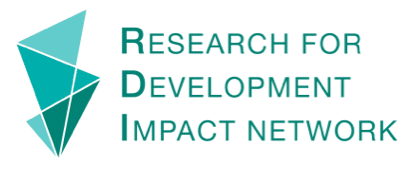
This one-day short course is designed for policy makers and researchers seeking a better understanding of how one can quantify the impacts of public health interventions. Led by Professor Tony Blakely (Centre for Epidemiology and Biostatistics) and Senior Research Fellow Natalie Carvalho (Centre for Health Policy and Global Burden of Disease (GBD) Group), this course provides an overview of how data can be structured and analysed to evaluate health sector inventions using methods from epidemiology and economics. Outputs of such modelling include the quality-adjusted life years (QALYs) gained or disability-adjusted life years (DALYs) averted, and net health expenditure, for actual interventions; by contrast, the burden of disease studies tell us what DALYs could be averted for hypothetical shifts of risk factor distributions to the ideal.
There are no formal prerequisites, although you will benefit from having an introductory-level knowledge of health economics and/or epidemiology. The course will consist of lectures, case studies, and class exercises. The course will include the following modules:
- Overview of key epidemiological methods
- Health economics and economic evaluation methods
- Case study of bringing epidemiology and health economics together
- Determining health gains, costs and cost-effectiveness of preventive interventions
- League Tables
- Key methodological and policy considerations
For more information, click here.
Cost: $550 –Early Bird (expires on 31st July); $660 – Late Bird
Please note that this course is typically run in-person on campus in Carlton; however, it is very likely to run as an online course via Zoom.



